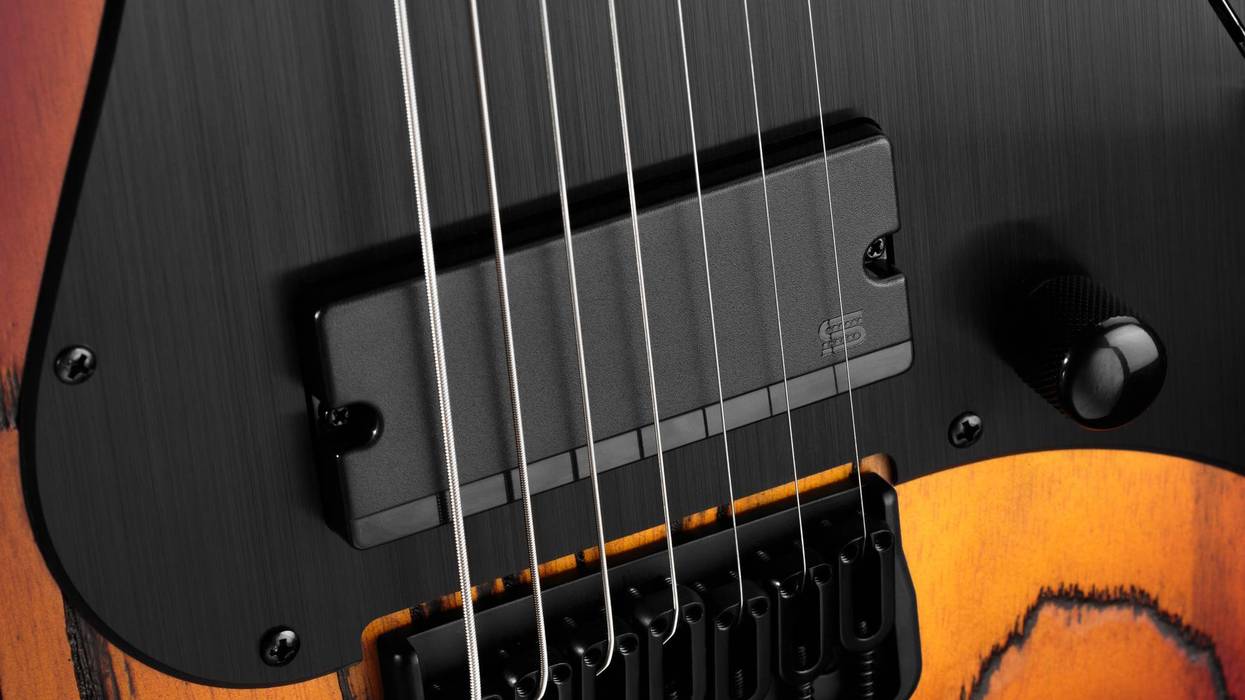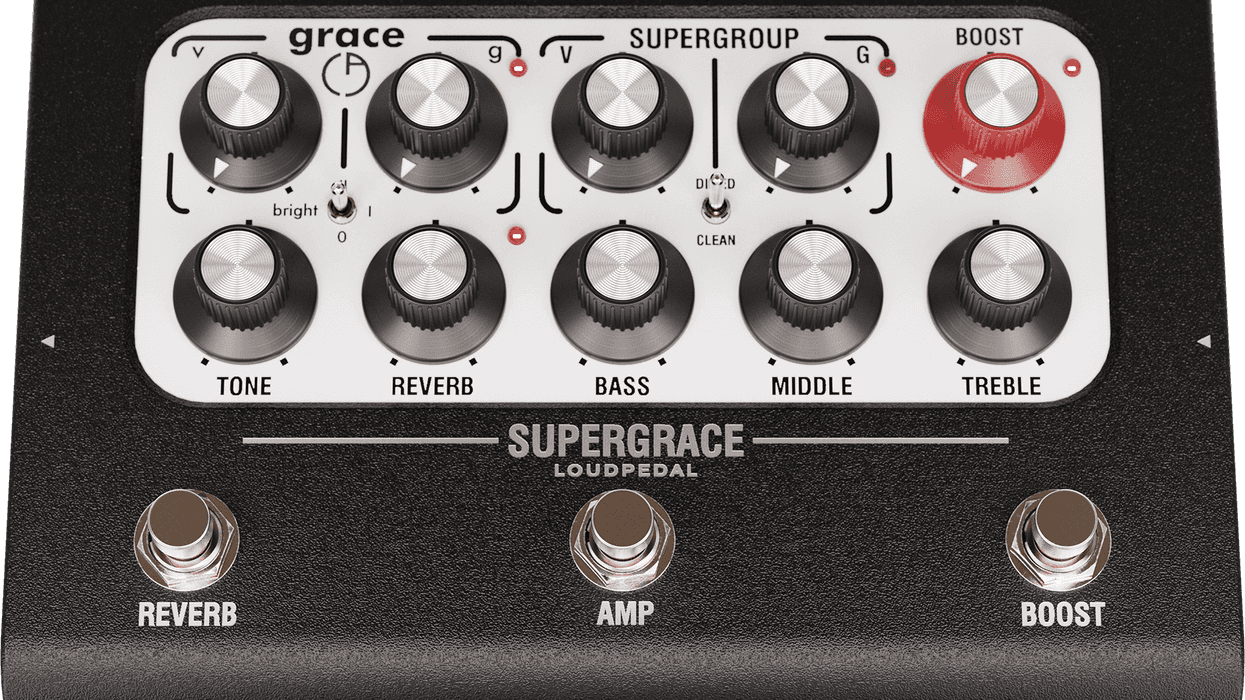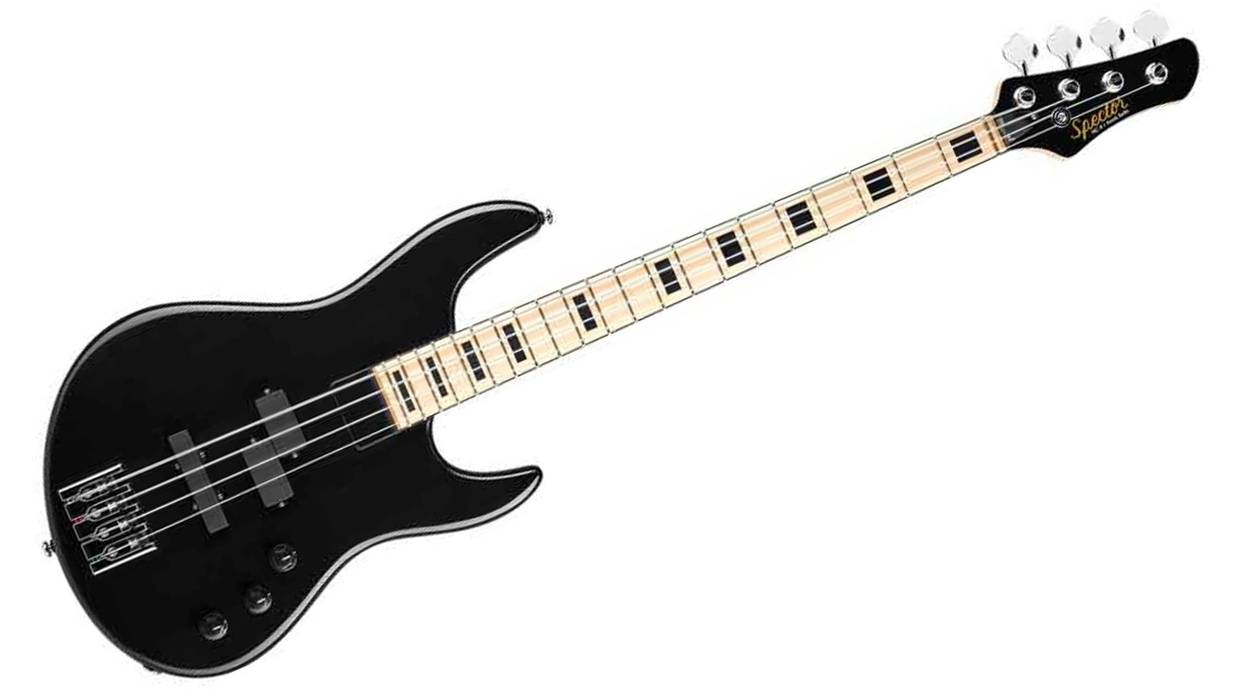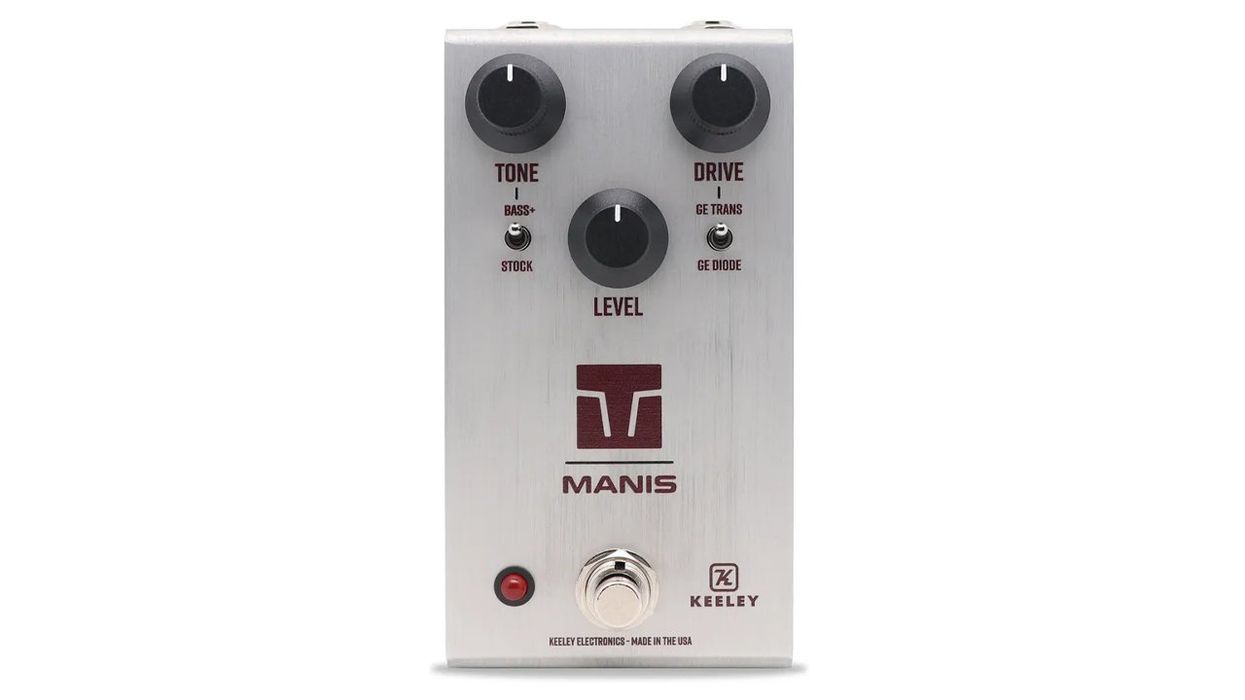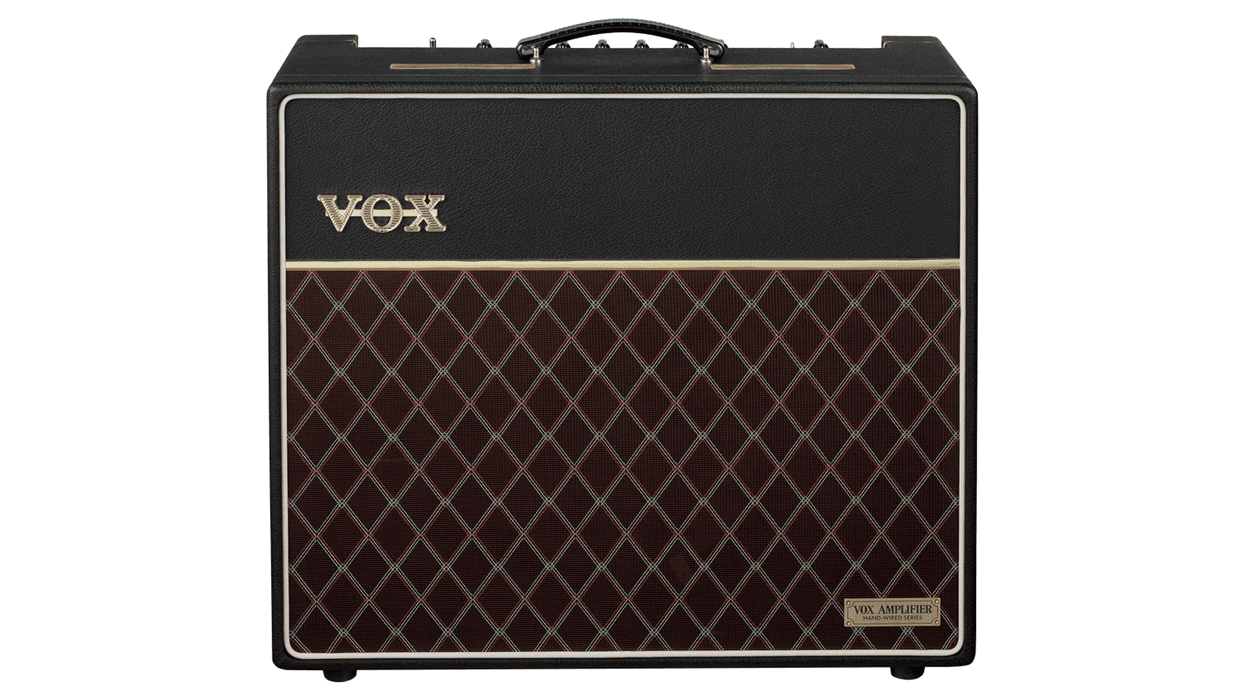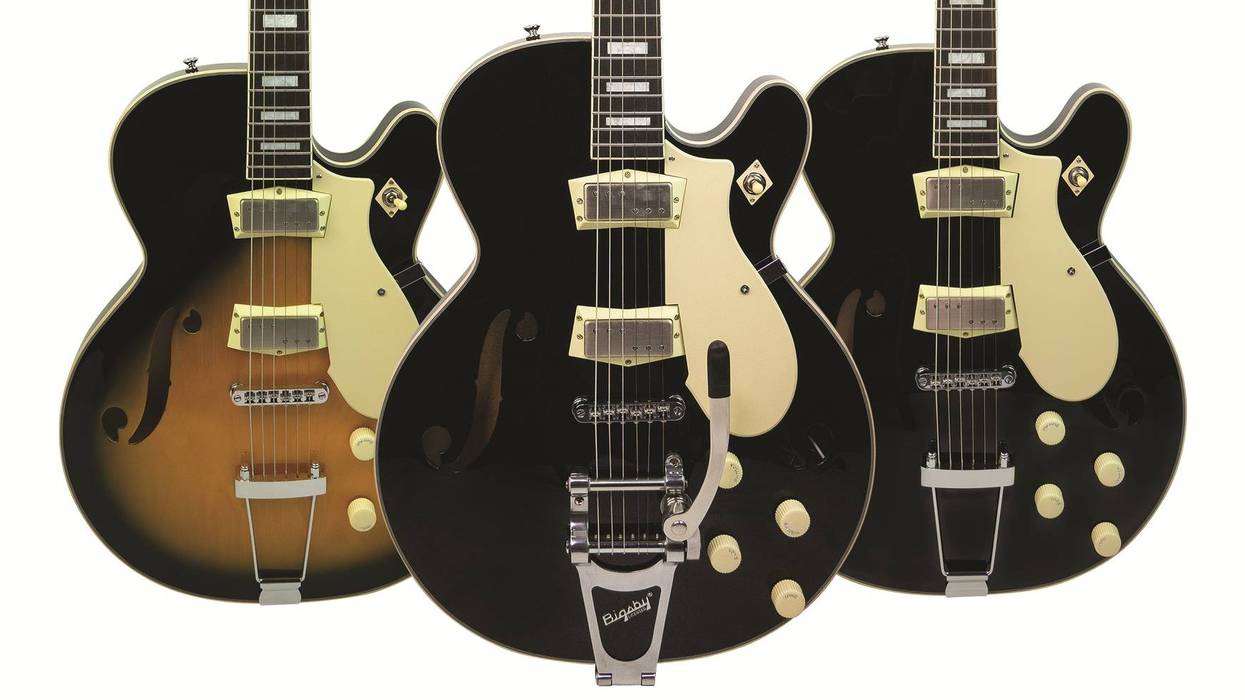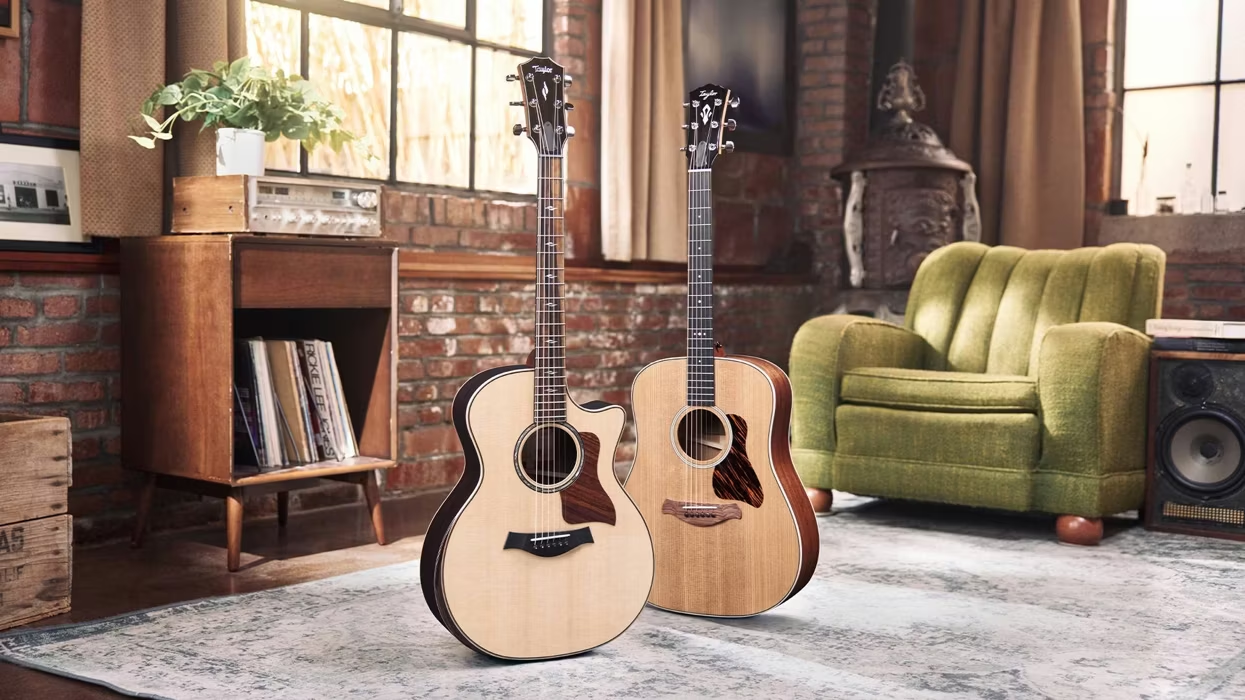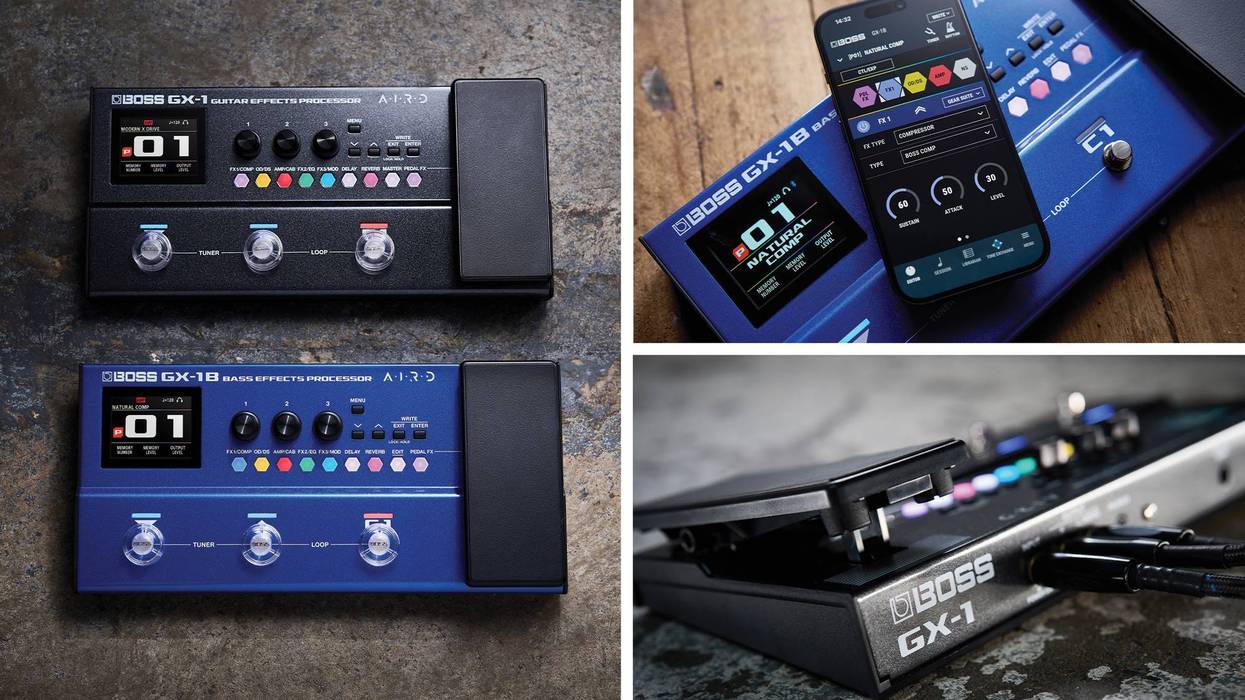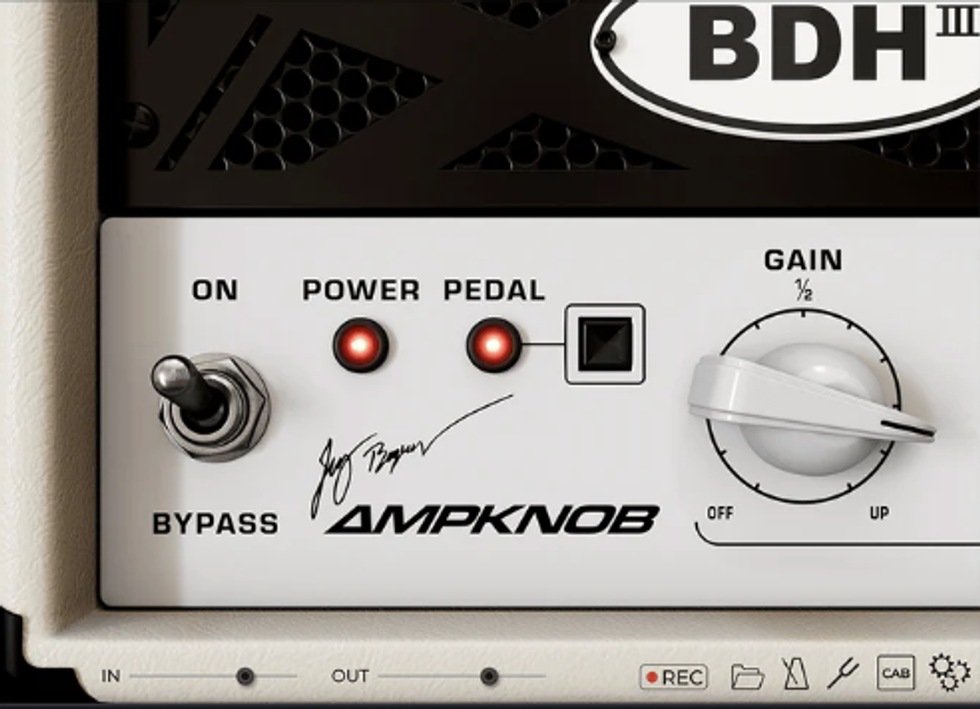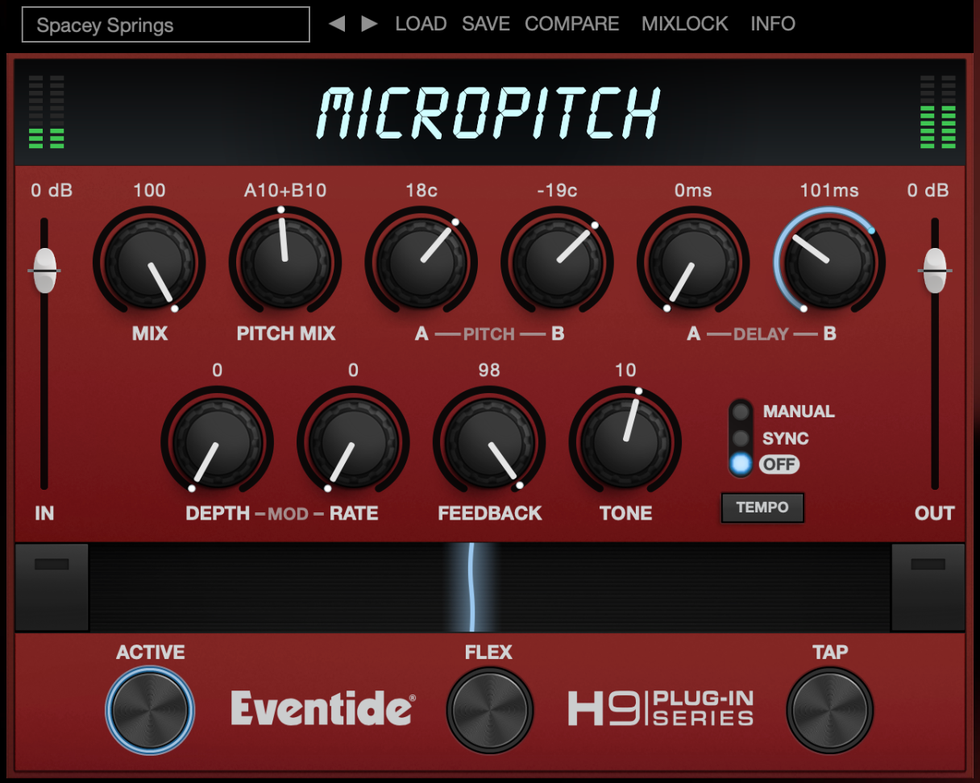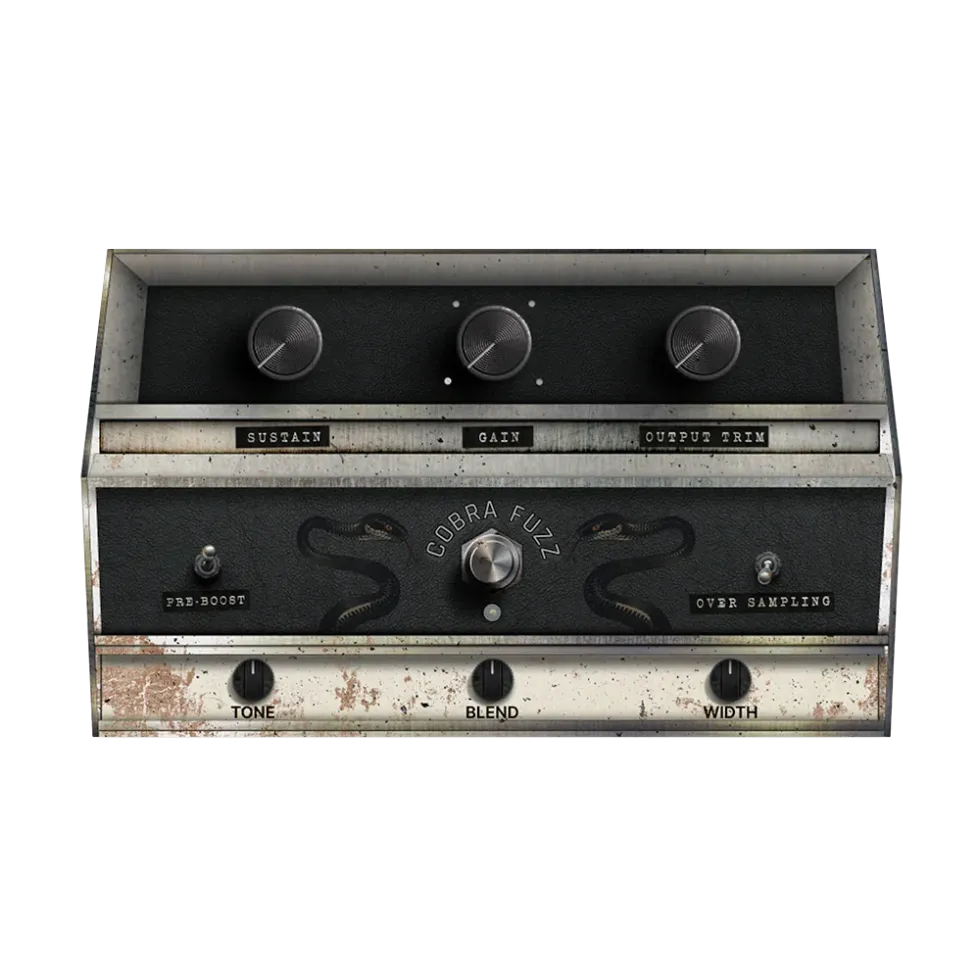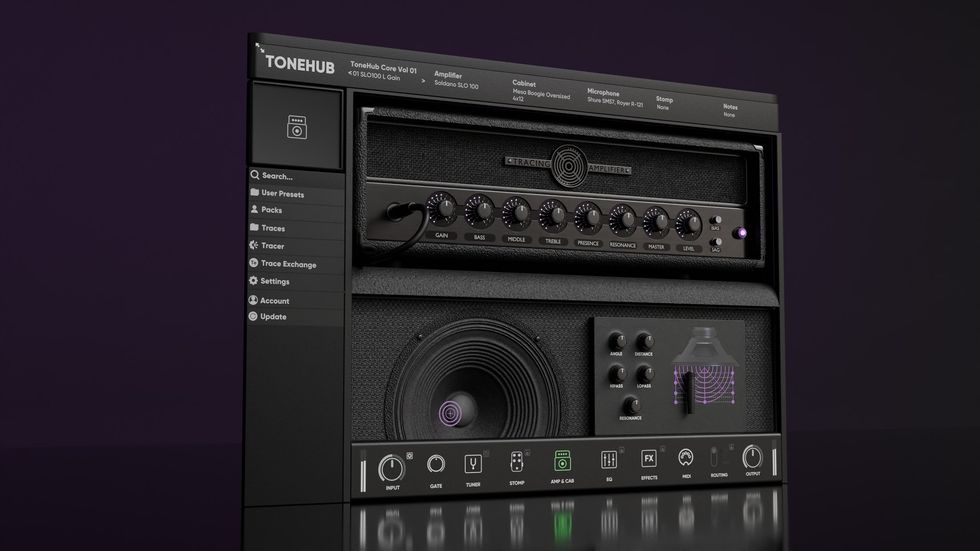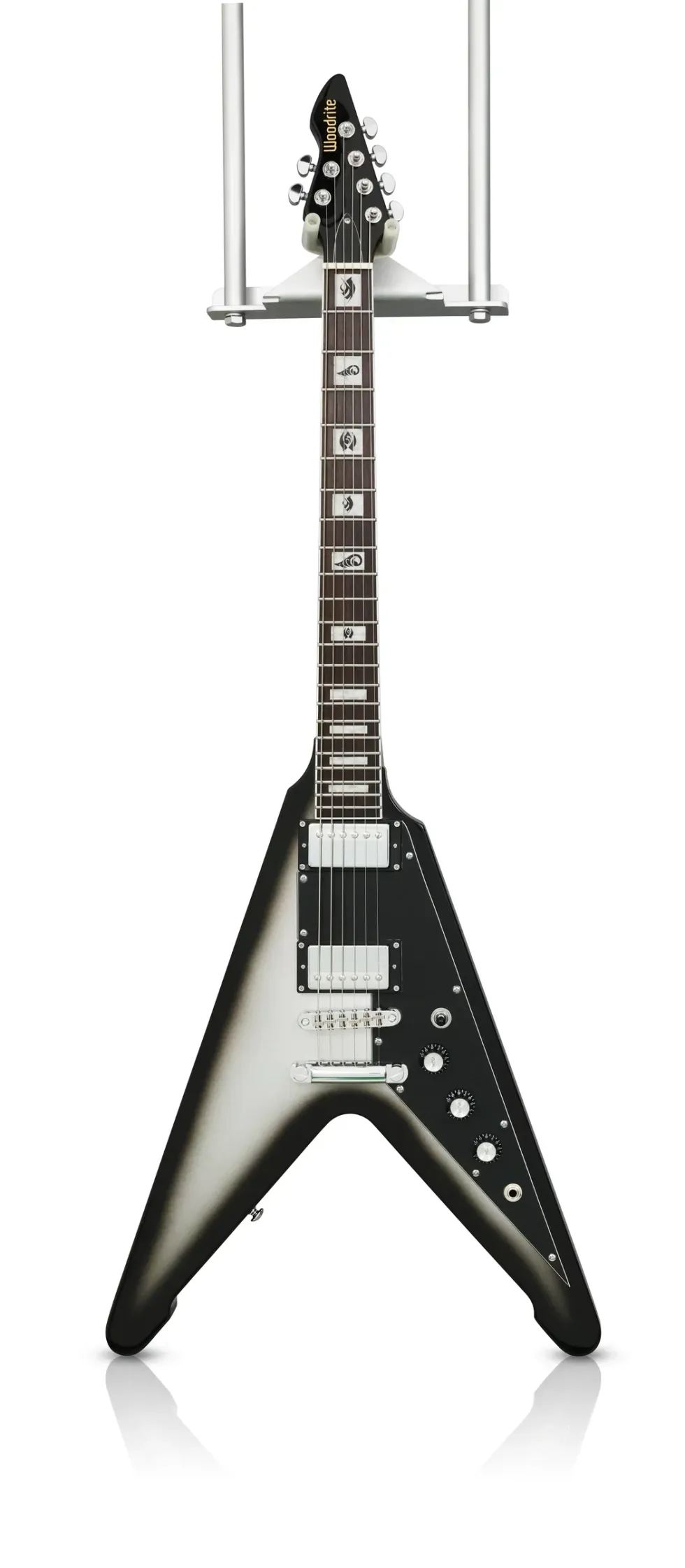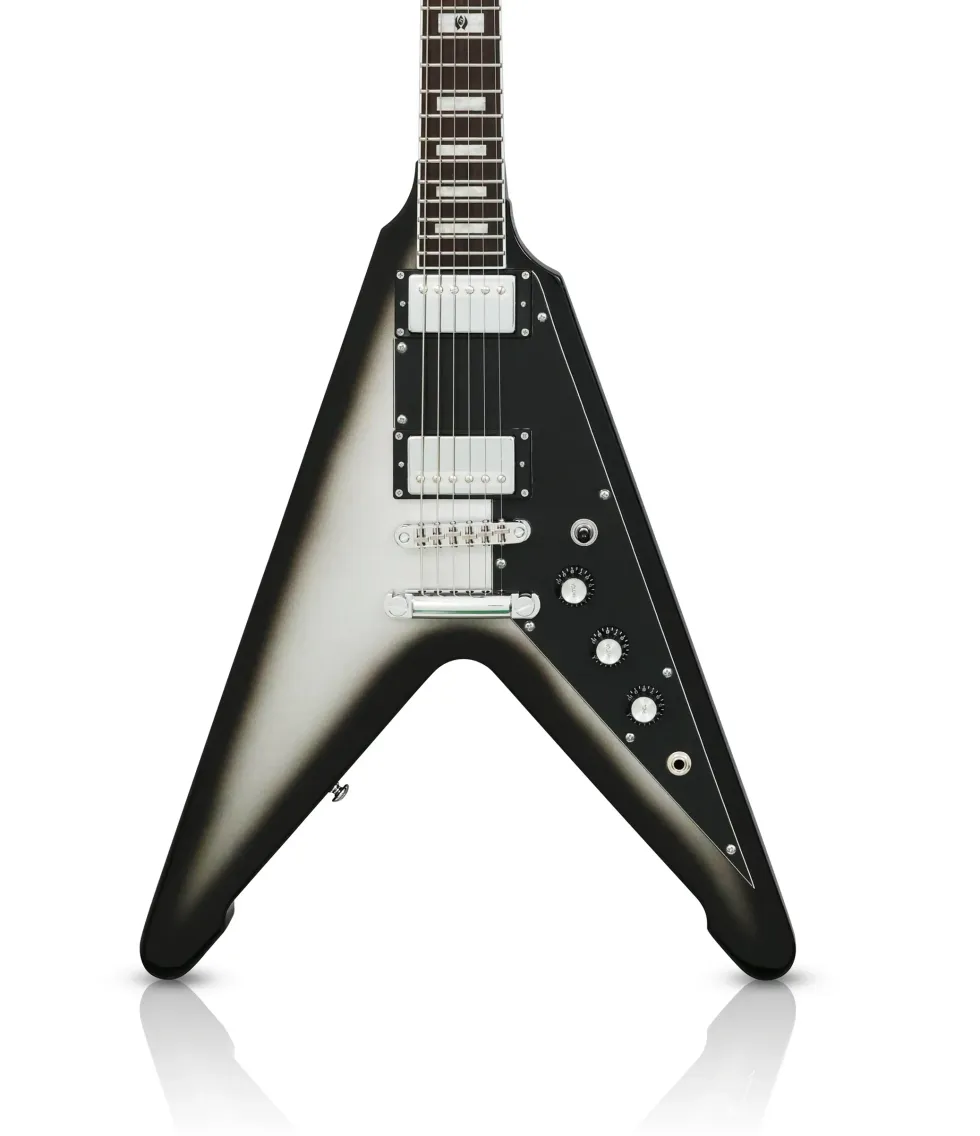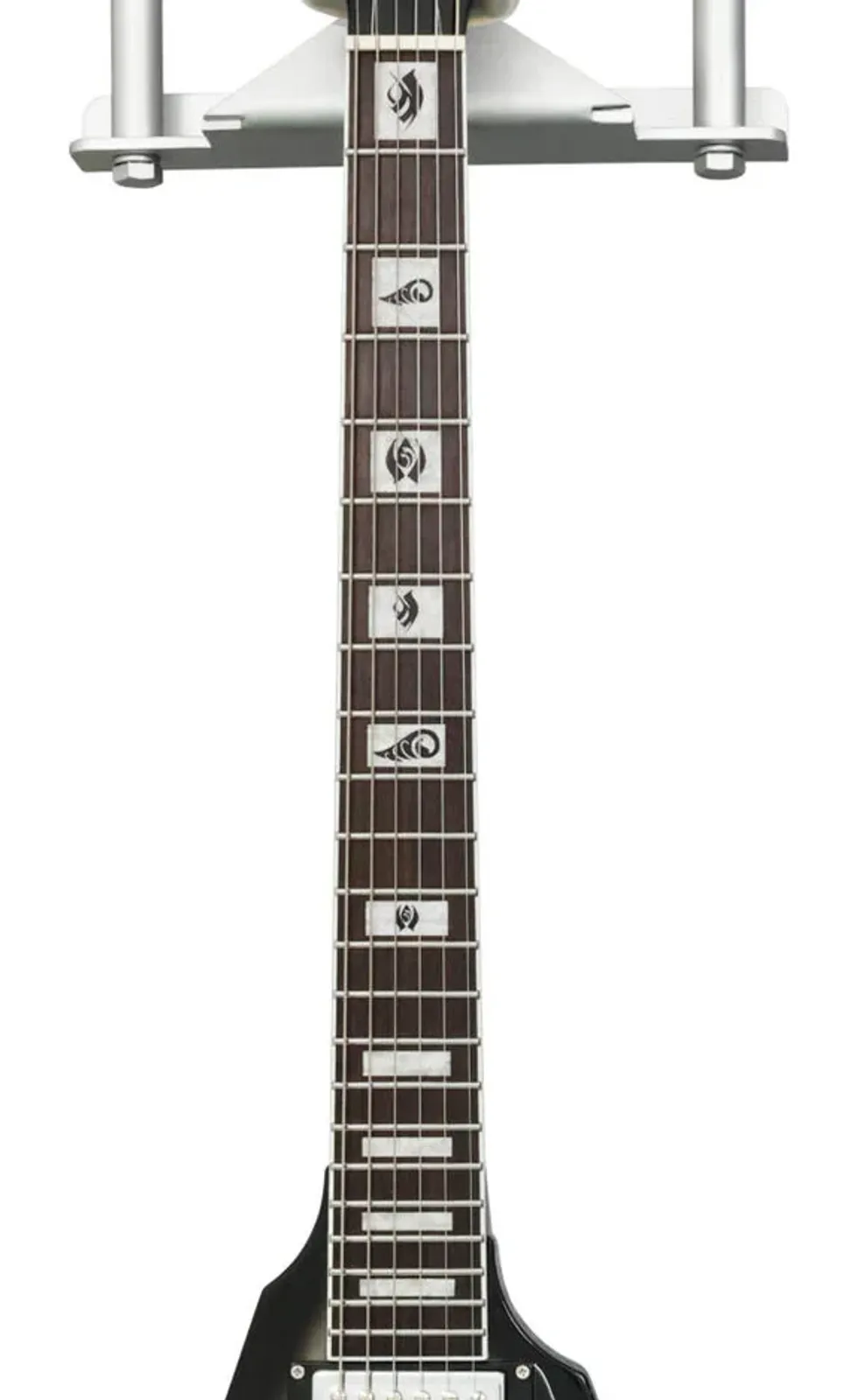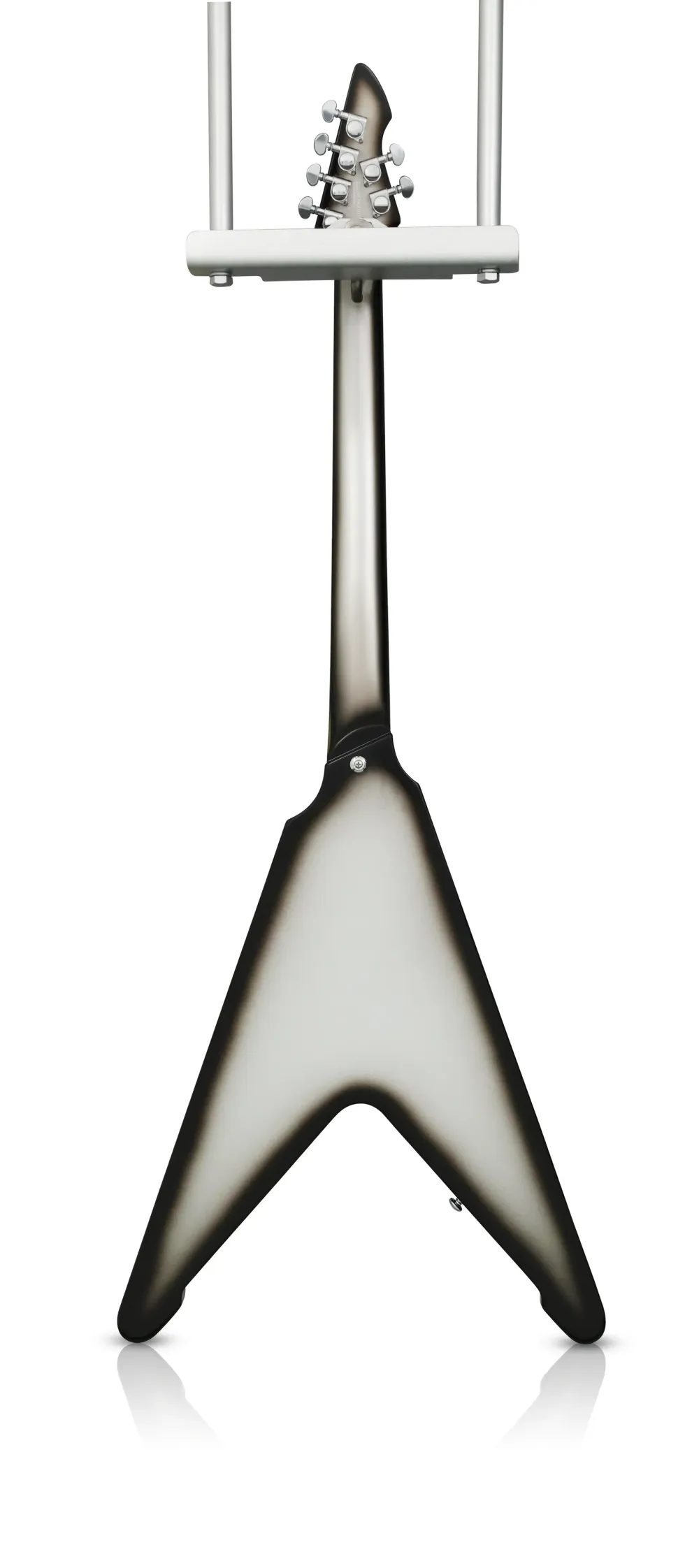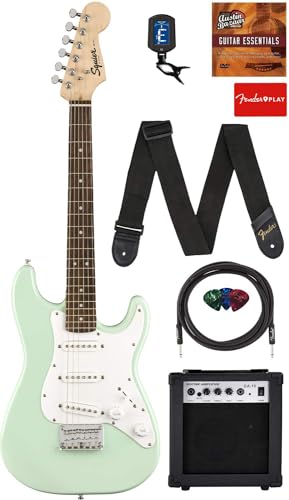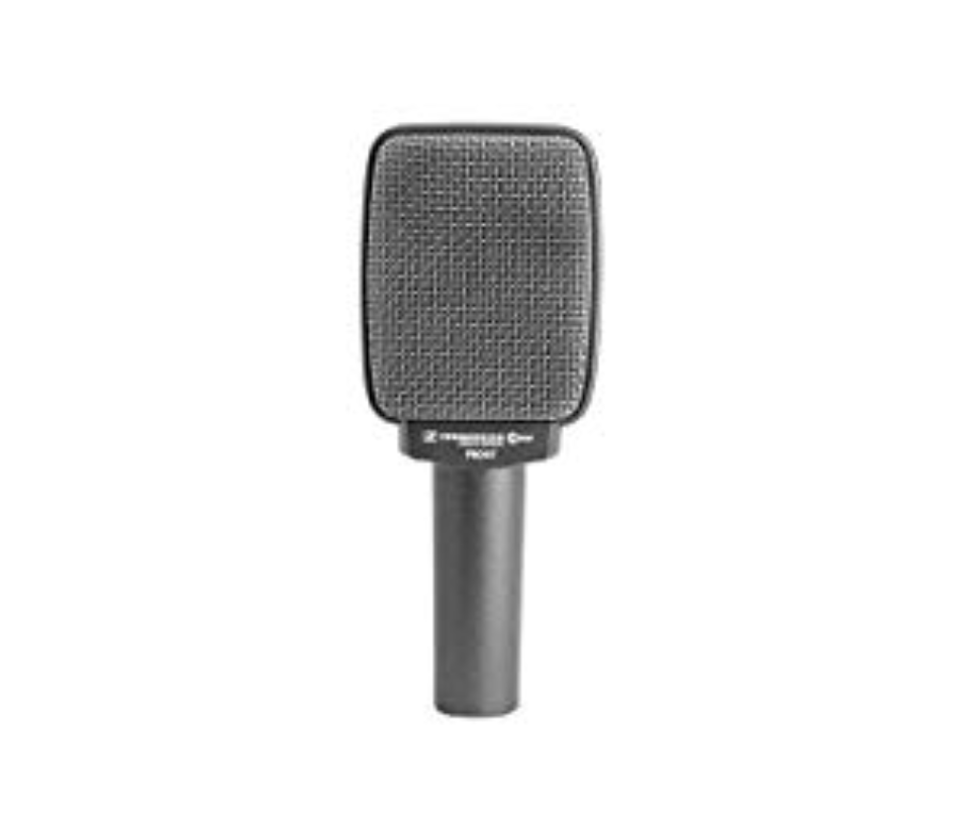Redwood City, CA (January 22, 2010) -- Zon Guitars announces the release of their new, affordably priced
Standard Series line of bass guitars. Offered in Mosaic, Sonus and Legacy models, these
basses are handcrafted in Korea to Zon’s exact specifications and rigid quality requirements.
All of these basses are final-inspected for fit and finish and setup at Zon Guitars’ Redwood
City, California, facility before final shipping to dealers.

According to company President Joe Zon, “There are a lot of players out there who want to own a Zon bass, but their budget has restricted them from doing so. This new Standard Series now makes that possible.
“From their inception, we wanted to offer players a workhorse instrument of exceptional quality, worthy of the Zon brand and reputation--a bass with the sound and playability that would make it a genuine value for the dollar, an affordable bass that didn’t need to be hotrodded by upgrading the pickups and hardware to make it a good-performing instrument.
“All Standard Series basses feature U.S.-made Duncan pickups and Hipshot brass bridges, as well as 3-band active/passive electronics. The necks are three-piece maple with rosewood fingerboards and dual-action truss rods, and the bodies are made of quality tone woods with highly figured Maple, Bubinga or Walnut veneer tops. Even the gig bag is high-quality, thick and very protective.”
All models of the Standard Series import line are available in 4- and 5-string versions with either gloss or satin finishes. U.S. Retail prices start at $1599.
For more information:
Zon Guitars

According to company President Joe Zon, “There are a lot of players out there who want to own a Zon bass, but their budget has restricted them from doing so. This new Standard Series now makes that possible.
“From their inception, we wanted to offer players a workhorse instrument of exceptional quality, worthy of the Zon brand and reputation--a bass with the sound and playability that would make it a genuine value for the dollar, an affordable bass that didn’t need to be hotrodded by upgrading the pickups and hardware to make it a good-performing instrument.
“All Standard Series basses feature U.S.-made Duncan pickups and Hipshot brass bridges, as well as 3-band active/passive electronics. The necks are three-piece maple with rosewood fingerboards and dual-action truss rods, and the bodies are made of quality tone woods with highly figured Maple, Bubinga or Walnut veneer tops. Even the gig bag is high-quality, thick and very protective.”
All models of the Standard Series import line are available in 4- and 5-string versions with either gloss or satin finishes. U.S. Retail prices start at $1599.
For more information:
Zon Guitars


